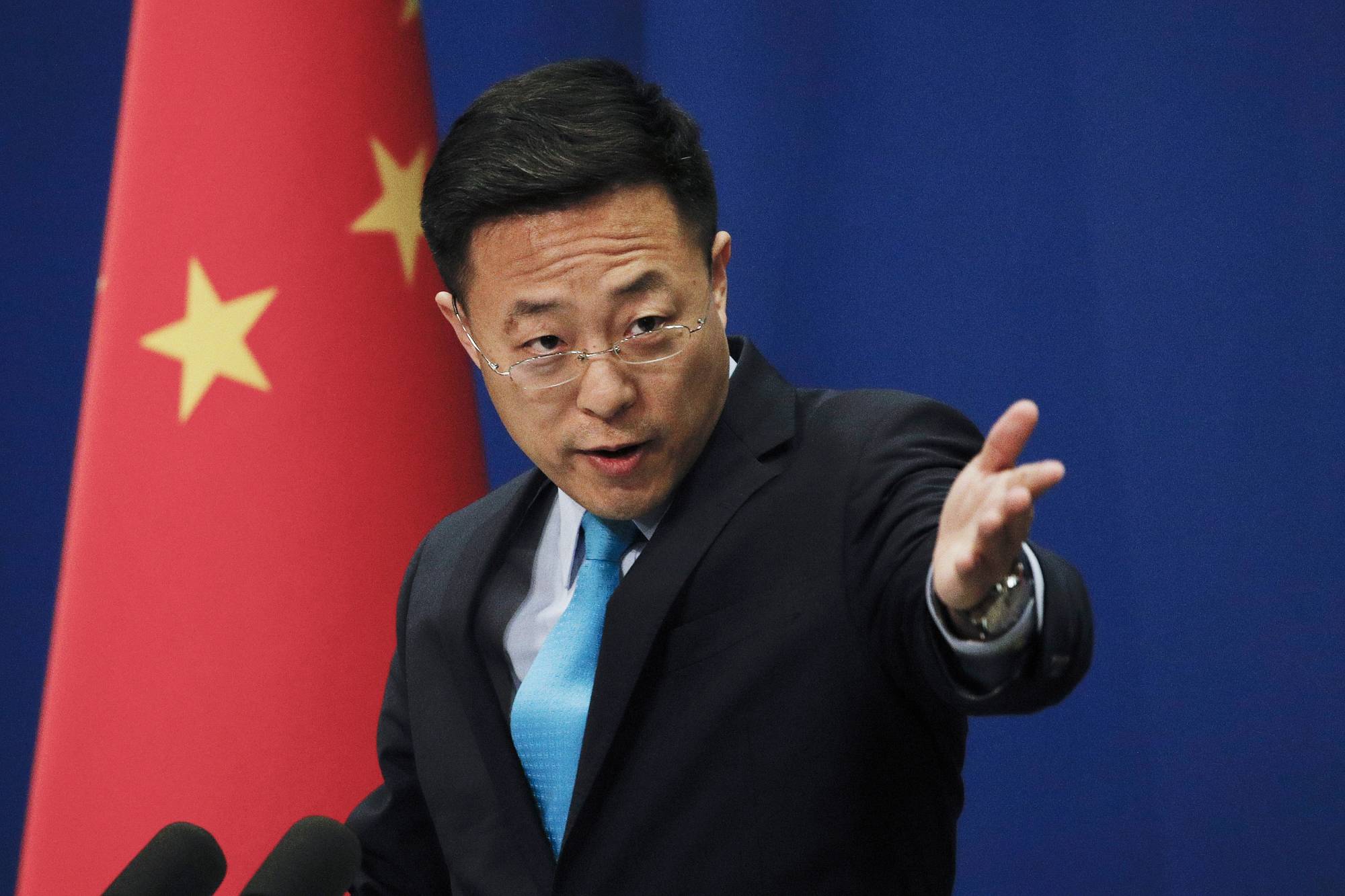It is always a good feeling when you spot talent early. That’s how some of us in India feel now that Zhao Lijian, the spokesperson of China’s foreign ministry, has become a global star. Zhao’s briefings have grown sharp, pugnacious and newsworthy as criticism of Beijing’s response to the virus has risen around the world. He single-handedly set off weeks of acrimonious debate by speculating on Twitter that it might have been the “U.S. army who brought the epidemic to Wuhan.”
We in India noticed Zhao a while ago, when he was a junior diplomat in Islamabad. He distinguished himself in that posting, honing skills that are becoming an indispensable part of the new-age diplomatic arsenal: misdirection, misinformation and social-media aggression. Zhao collected hundreds of thousands of Twitter followers along the way, as well as a promotion. Across the world, scores of “wolf warrior” Chinese diplomats — named after a blockbuster set of films about an elite Chinese commando unit — have followed Zhao’s example, setting up Twitter accounts that attack their hosts, clap back at negative stories in the press and sometimes promote fringe conspiracy theories.
It’s easy to think of this brash behavior as something characteristic to the Xi Jinping-era Chinese state, which seeks in every domain to reflect the new assertiveness underlying the Chinese president’s “four confidences” doctrine. But China’s young diplomats aren’t unique; the U.S. State Department has pointed out that “disinformation narratives” from Iran, Russia and China on the coronavirus have “converged.” And, as effective as Zhao is on Twitter, he has yet to approach the grandmaster-level trolling of the Russian Embassy in London.


















With your current subscription plan you can comment on stories. However, before writing your first comment, please create a display name in the Profile section of your subscriber account page.